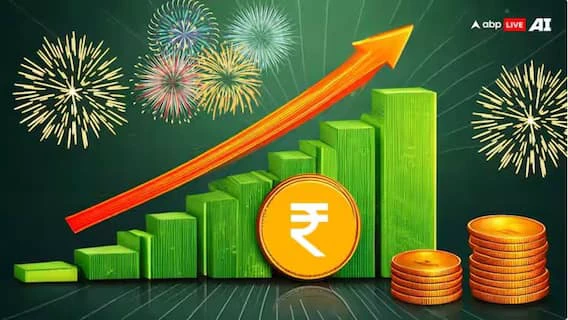Diwali is merely days away, and with the festive rush, millions of government employees and pensioners are anxiously awaiting clarity on the 8th Pay Commission.
With just a few months left before the implementation period begins, expectations are soaring, but the government’s silence on key details has left many uncertain about when and how much the salaries might actually rise.
Government Approval, But No ToR Yet
The Union Cabinet, led by Prime Minister Narendra Modi, gave the green light to form the 8th Pay Commission on January 16, 2025. However, despite the official approval, the Centre has yet to announce the commission’s chairperson, members, or the all-important Terms of Reference (ToR).
The ToR outlines the panel’s mandate, including pay structure, allowances, and retirement benefits, essential details that determine when the commission can begin its work.
Without the ToR, the commission remains in limbo, delaying any prospects of a timely salary revision. As of now, the official implementation date remains set for January 1, 2026, but given procedural delays, experts suggest the actual rollout could extend well into 2027.
When Might the Salary Hike Actually Happen?
Past experience shows that Pay Commissions typically take two to three years from formation to implementation. The 7th Pay Commission, for example, was established in February 2014 and submitted its report in November 2015. The revised pay scales came into effect in January 2016, almost three years after the process began.
If the 8th Pay Commission starts functioning in early 2026, it may not deliver its final report before late 2026 or early 2027. After that, the government usually takes another six months to a year to review and approve the recommendations. This means government employees may realistically see the revised salary structure only by mid-2027 or early 2028.
Why the Wait Feels Longer for India’s Middle Class
India’s middle class, particularly the 1.2 crore central government employees and pensioners, has been waiting for relief amid rising living costs. Over the past year, the government has attempted to offer some financial cushion through tax reliefs and festive incentives.
In the 2025-26 Union Budget, an income tax rebate worth Rs 1 lakh crore was announced, making individuals earning up to Rs 12 lakh a year effectively tax-free.
Following that, Prime Minister Modi declared a Rs 2 lakh crore ‘Double Diwali Gift’ on August 15, 2025, through widespread GST rate cuts. Both steps provided temporary relief and lifted consumer sentiment.
Now, speculation is rife that the government might use the festive period to announce a gesture towards its employees, perhaps an interim hike or a bonus linked to the upcoming 8th Pay Commission framework.
Festive Optimism Meets Bureaucratic Reality
While hopes remain high, administrative realities suggest that the commission’s work is unlikely to begin in time for immediate payouts. Each pay panel has historically conducted detailed studies, held consultations across departments, and reviewed financial sustainability before recommending salary revisions.
Still, for millions of middle-class families, the 8th Pay Commission represents more than just a salary adjustment; it’s a signal of financial optimism and policy direction. As Diwali nears, the wait continues, but so does the hope that this festival of lights will also bring a long-overdue pay revision for India’s government workforce.
